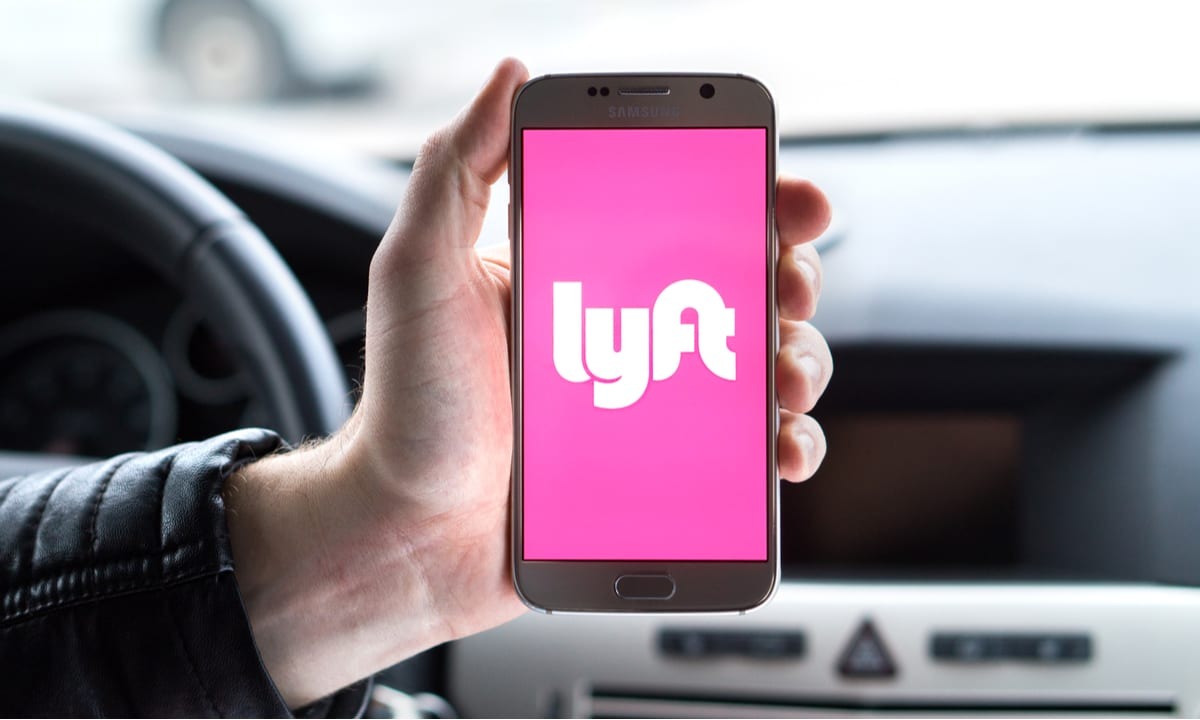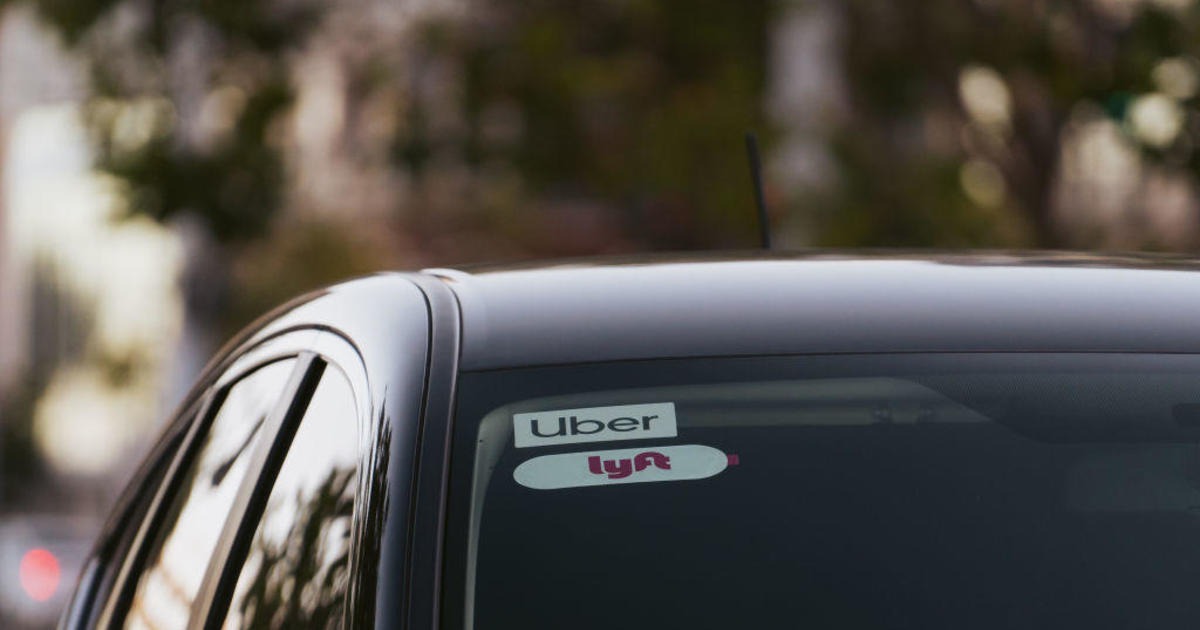Minneapolis is facing a huge decision regarding its new rideshare minimum wage law. City Council members, including President Elliott Payne and others, are proposing to delay the law’s effective date to allow more time for collaboration with state lawmakers and the entry of new rideshare startups into the market.
This move comes despite concerns from various advocacy groups about the impact of the law, especially on working-class immigrants, who make up a great portion of rideshare drivers.

Uber (Credits: Enterprise CEO)
The Order Timing
Despite Mayor Jacob Frey’s veto, the ordinance passed recently has sparked debate and scrutiny from various stakeholders, including business, disability, and senior advocates. Council Member Andrea Jenkins, who initially supported the ordinance, is now pushing for a reconsideration.
The council members seeking the delay emphasize that it’s a good-faith effort to refine the legislative process, ensure fair compensation for drivers, and support emerging rideshare companies. They challenge Uber and Lyft to treat their workers fairly or face the consequences of leaving the market.
Today’s Rates
The city’s proposed rates exceed what Uber and Lyft currently pay their drivers, leading to threats of market abandonment. This scenario could create chaos unless alternative rideshare startups get licensed and recruit drivers promptly.

Lyft (Credits: PYMNTS.com)
The decision to delay the law’s implementation requires the agreement of a majority of council members, highlighting the complexity and sensitivity of the issue.
The council members’ statement underscores the need to address subminimum wages in the rideshare industry and rectify exploitative labor practices, signaling a commitment to fair compensation and ethical standards.























